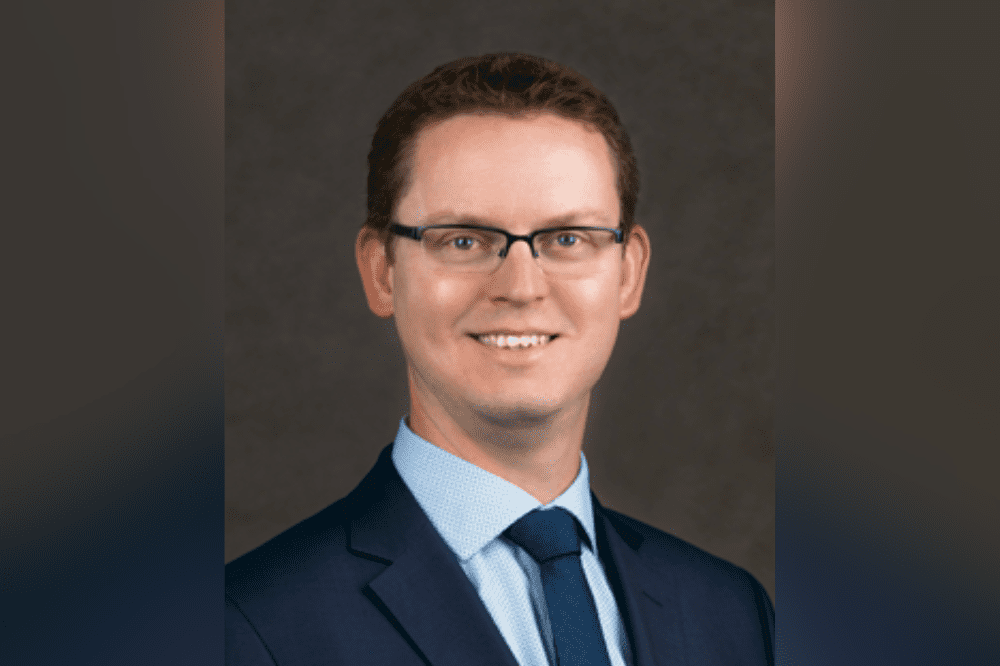FM Global’s index reveals Australia’s weak spot

Australia’s dependence on energy resulted in FM Global allocating a score of 63 out of 100, which ranked the country 102nd out of 130 other nations.
“I wouldn’t say it’s a serious negative,” said Duncan when asked if this energy ranking was a major issue. “The purpose here is to identify an issue and to bring that into the decision making process for executives using the resilience index. If you’re aware of the risk it allows you to investigate, analyse and do something about it.”
Read next: FM Global lifts lid on risk engineering to mitigate climate threats
Duncan added that no single factor where a country scores poorly is “necessarily a negative, it just highlights an issue.”
The FM Global vice president said awareness of this energy factor impacting Australia allows a global business to plan for possible fluctuations in the price of power, for example. He said transportation would then need to be an area of “superior focus for you so you’re not overly exposing yourself or relying on risks that are susceptible to the price of energy.”
Climate risk exposures are another area where Australia ranks “quite poorly,” said Duncan. Australia ranks at number 107.
“This makes sense because Australia is a country inherently exposed to climate risks, like flood, windstorms and bushfires,” he said.
However, conversely, he said, Australia ranks very well in terms of resilience to these climate risks.
“So we do tend, as a country and as an economy, to understand those exposures and have a good framework in play for their management,” said Duncan.
Overall, Australia’s ranking for resilience on the index is very good. The country came in at number 20 and was third in the APAC region behind New Zealand and Singapore.
Duncan said this relative ranking is one of the most important features of the index.
“So, if Australia is 20 out of 130 that’s indeed a good indicator that Australia is a far more resilient country than most,” he said.
Duncan said Australia’s ranking has been “relatively consistent” over the years.
“If you look at the raw numbers, we’ve gone from 15th place to 20th but that’s actually more a result of the change of the model. So, because we’ve added a couple of extra factors, it’s adjusted Australia slightly downwards,” he said.
FM Global has produced the Resilience Index since 2014. Each year the index is updated and sometimes new risk factors are added. Climate and ESG factors have featured in the index for years, but 2022 has seen some tweaks to those factors and others.
New filters added this year allow users to focus exclusively on climate risk and ESG-related measures. There are also two new measures: health expenditure and supply chain timeliness. The cyber risk and energy intensity measures have also been improved, according to an FM Global media release.
“The resilience index is not designed to give you the answer, it’s designed to lead you and prompt you on the risks and issues that you’re going to be facing if you’re looking to do business on a global scale,” said Duncan.
Read next: Climate Council forecasts 1 in 25 Australian homes uninsured by 2030
He encouraged Australian users of the index to look beyond Australia.
“I would always encourage Australian users of the resilience index not just to be captured by the Australian data, but to look at what they’re doing elsewhere in the world and use this tool as a tool to understand your global business,” he said.
Duncan gave the example of an Australian business with a key supplier in Thailand, a country exposed to natural catastrophes but, unlike Australia, generally without good risk management of those exposures.
“So I’d be wanting to understand where my business is susceptible and how I can improve my own resilience by understanding the things that can influence resilience in other countries,” he said.





